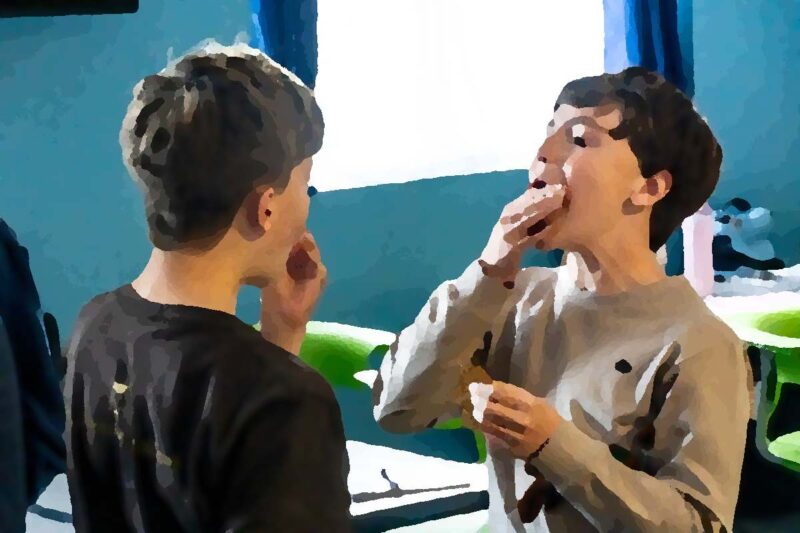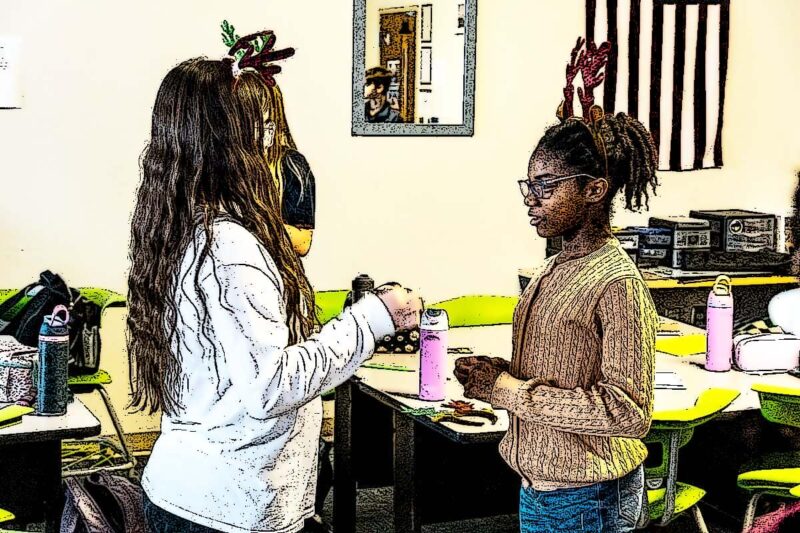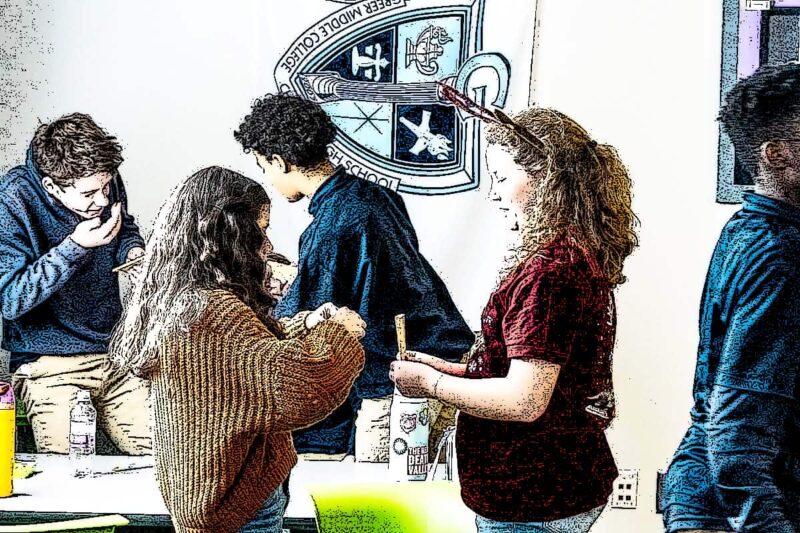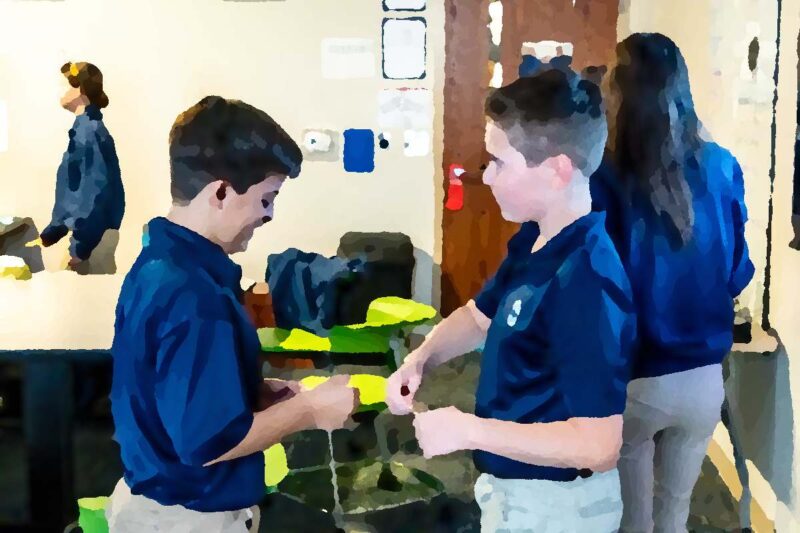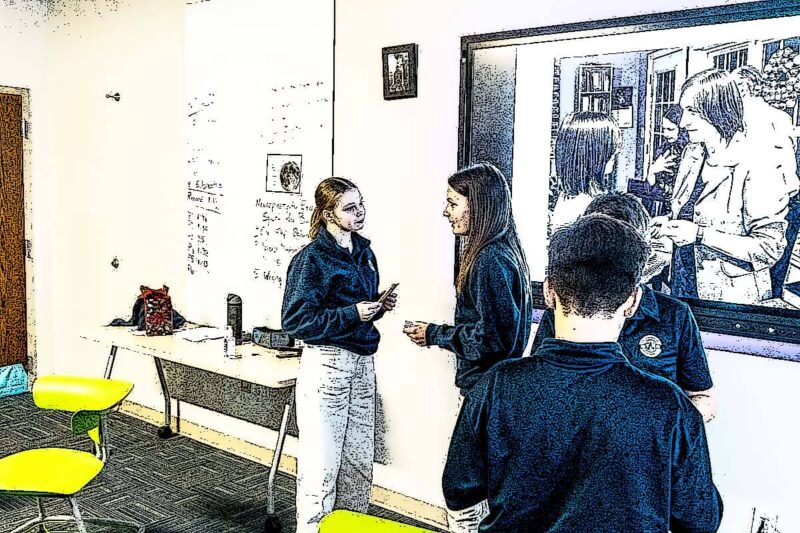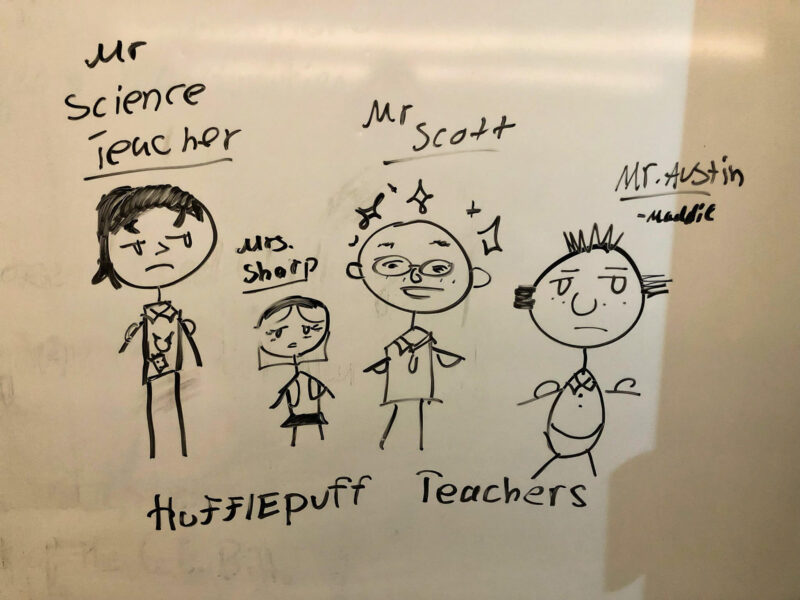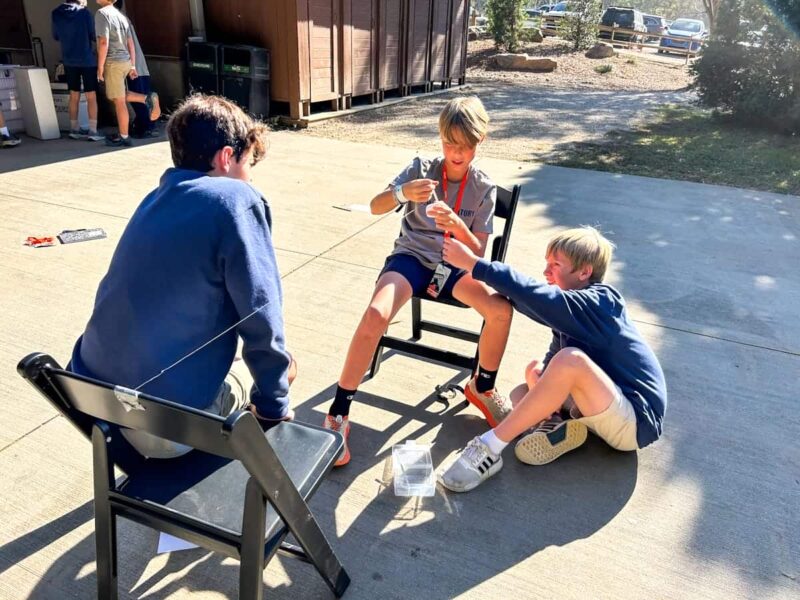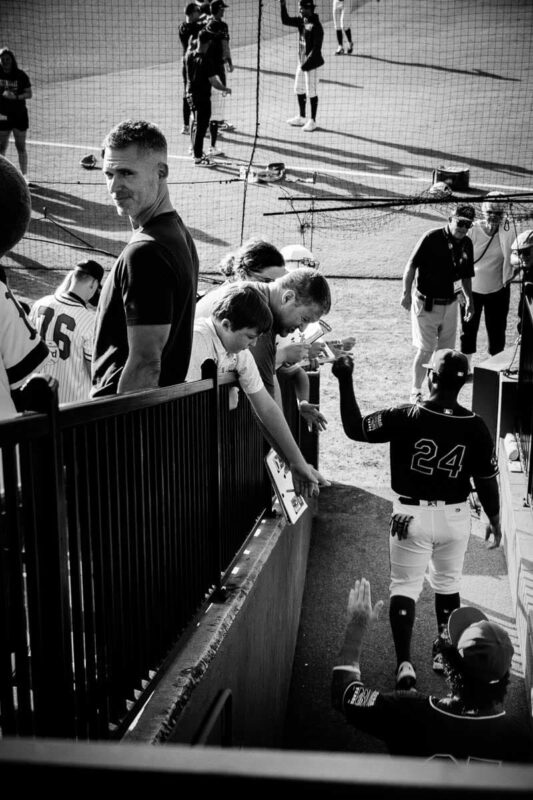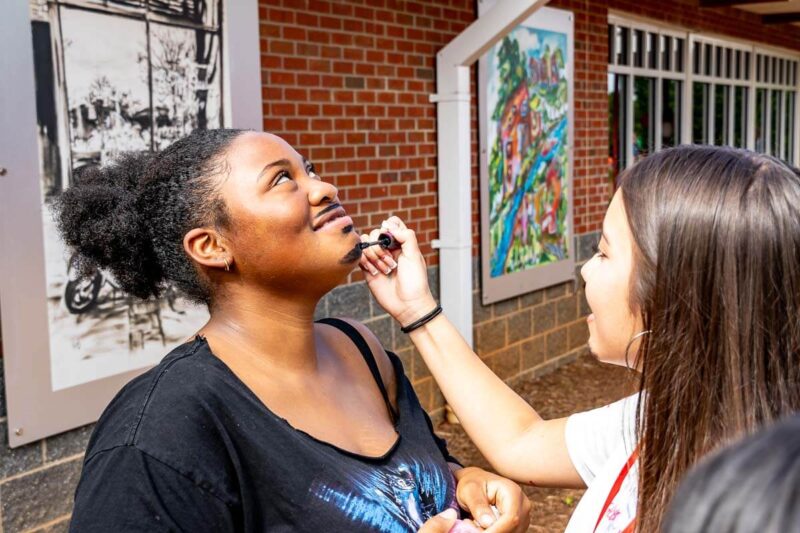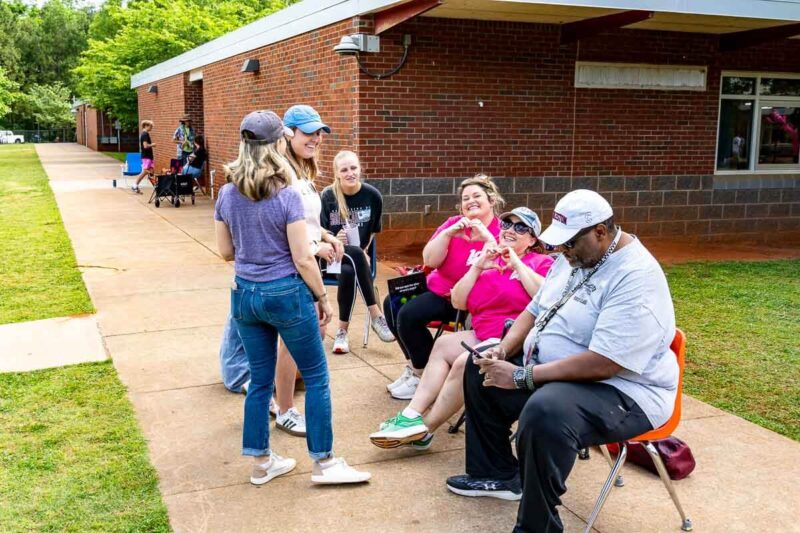Some days every class seems to go so perfectly. that teachers wish they could have videoed for posterity. Everything seems to click. Every student seems to be focused and hardworking. Every class seems to take a noticeable step forward.
Today was such a day.
We’ve been looking at how people communicate in the 21st century with an eye to how leaders should communicate in the 21st century. Specifically, we have been examining how leaders might or might not use social media, in general, and memes, and emojis, in particular.
Yesterday, we began the setup for today’s Socratic seminar. Students were divided into groups, and these groups were assigned a position. They didn’t have choice in the matter. They weren’t consulted regarding what their personal opinions were. I simply assigned them a position.
- Position A: People in positions of leadership should be making use of memes and emojis in their official communications on social media.
- Position B. People in positions of leadership should not be making use of memes and emojis in their official communications on social media.
Students meant yesterday, brainstorming reasons to support their own positions, counterclaims the other side might make, and rebuttals they could, in turn, make to those counterclaims. Today, we ran the Socratic seminars.
They were, in a word, spectacular. If you could’ve been a fly on the wall, you would have seen six and seventh graders, behaving with decorum and dignity. Listening to each other’s positions, not interrupting each other, respectfully disagreeing, respectfully pushing each other for evidence and justification of their claims. And even occasionally, laughing. All while arguing positions they might or might not have personally held since they’re positions were randomly assigned.
If I could have, I would have recorded today for future years, for future school years. That way, when I taught students how to do a Socratic seminar in the future, it would be easy. I would simply show what those students did today and say, “Here, watch them. Do what they did.”






